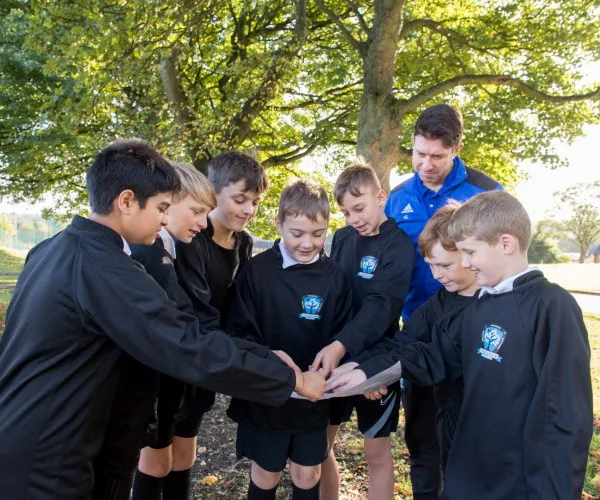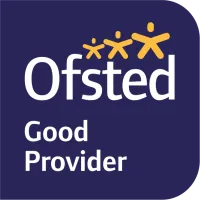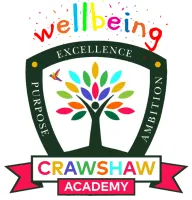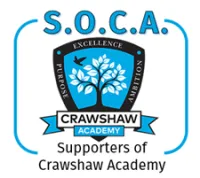- Learning at Crawshaw
- Year 11 Revision
- The Crawshaw Curriculum
- Personal Development
- Subjects
- Homework/Independent learning
- Remote learning
- Exams Information
- Learning Resource Centre
- Post 16 Provision
- Future Ready/CEIAG
- Post 16 Provision
SMSC in Music
Spiritual education in Music. The music curriculum focuses on helping students explore and express their own spirituality, understand the spiritual dimensions of music, and appreciate the role of music in spiritual practices across different cultures. Lessons can become a space where students explore spirituality in a meaningful way, enhancing their understanding of both music and their own inner lives.
Moral education in Music involves using music to explore ethical questions, develop students' understanding of moral values, and encourage them to reflect on their own moral beliefs and actions. Music education can help students develop a deeper understanding of moral issues, fostering a sense of ethical responsibility and encouraging them to consider the impact of music on themselves and society
Social education in Music involves using music to help students develop social skills, understand the role of music in society, and explore how music can foster community, collaboration, and social change. Social education helps students develop important life skills, fosters a sense of community and belonging, and encourages them to think critically about the role of music in society and their own social responsibilities.
Cultural education in Music involves helping students appreciate and understand the rich diversity of musical traditions from around the world, and how these traditions reflect the values, history, and identities of different cultures. Cultural education in music helps students develop a deep appreciation for the diversity of musical expressions around the world and fosters an understanding of the cultural contexts that shape these expressions. This contributes to a broader respect for global cultures and an awareness of how music can both reflect and influence cultural identity.
Examples of Spiritual, Moral, Social and Cultural Education in Music include:-
-
Students explore how different cultures use music in spiritual or religious contexts, such as gospel music, Indonesian gamelan, Blues and Reggae.
-
Composing or performing music that evokes emotions or reflection can help students connect with their own sense of spirituality.
-
Students discuss how music can express personal beliefs, values, and experiences, allowing them to reflect on their own identities.
-
Analysis of songs with moral or ethical themes, such as protest songs, can encourage students to consider issues like equality, justice, and human rights.
-
Discussing the responsibilities of musicians and the music industry, including the impact of lyrics on listeners, can provoke thoughtful moral discussions.
-
Students are encouraged to compose their own music or lyrics that convey a moral message, such as promoting peace or environmental stewardship.
-
Group performances and ensemble work teach students about teamwork, communication, and respecting different roles within a group.
-
Students work together to create music, fostering a sense of community and mutual respect.
-
Music lessons include discussions on how music has been used to address social issues, such as poverty, racism, or mental health awareness.
-
Students study the role of music in social movements, such as the Civil Rights Movement in the USA or Britpop.
-
Students explore music from different cultures, gaining an appreciation for diverse musical traditions and understanding the cultural context in which they developed.
-
Practical lessons include performing pieces from non-Western musical traditions, such as Indonesian Gamelan or African singing.
-
Lessons include the study of how historical and cultural events have influenced the development of music genres, such as jazz, classical, or hip-hop.
-
Students investigate how music reflects cultural identity, such as the role of Indonesian Gamelan music in preserving cultural heritage.
-
Music lessons link with history (studying music of different eras), religious education (exploring religious music), or geography (exploring the music of different regions).
-
Projects involve creating musical interpretations of themes from literature studied in English classes or using technology in music to understand the science of sound.
- Learning at Crawshaw
- Year 11 Revision
- The Crawshaw Curriculum
- Personal Development
- Subjects
- Homework/Independent learning
- Remote learning
- Exams Information
- Learning Resource Centre
- Post 16 Provision
- Future Ready/CEIAG
- Post 16 Provision













